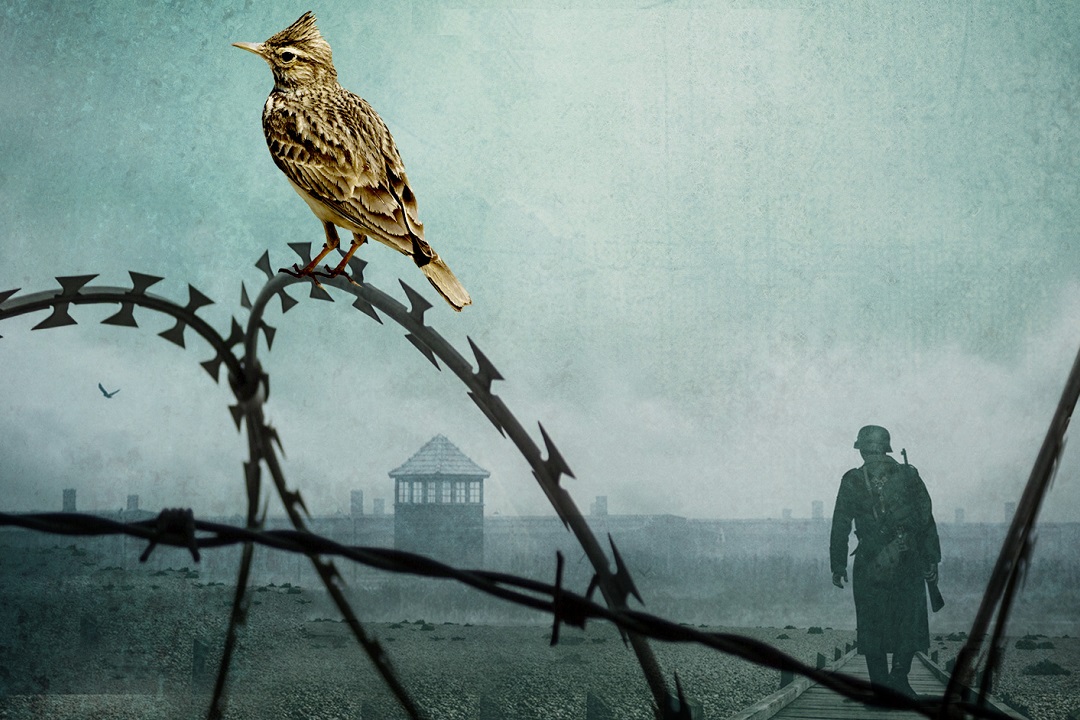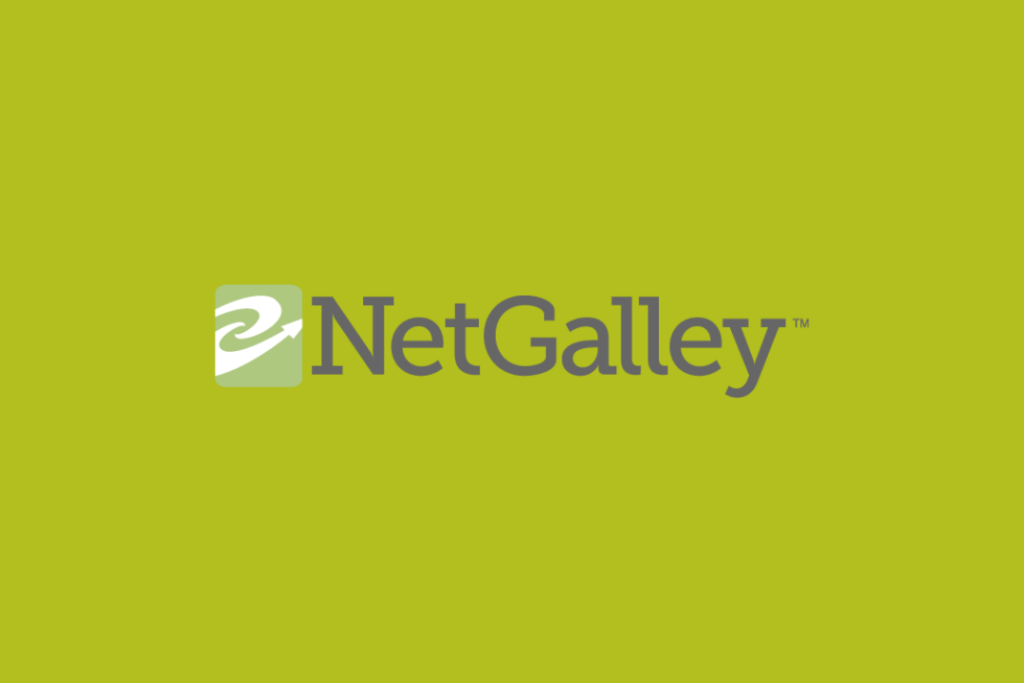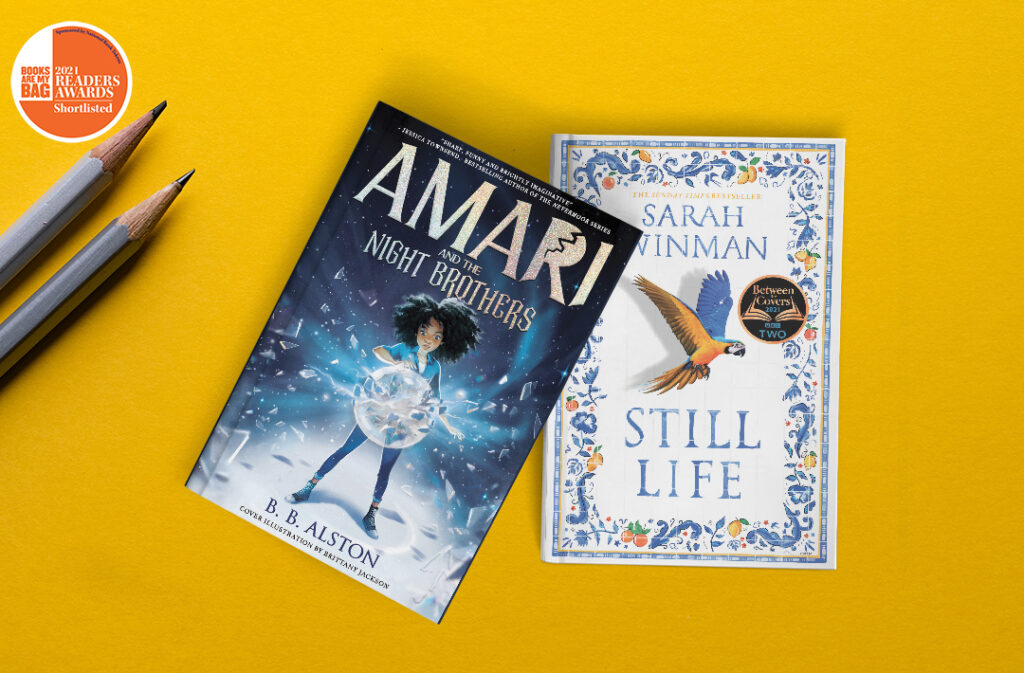Author Robert Lautner discusses his inspirations for writing new novel The Draughtsman, and how the issues in the book are still relevant today.
I’m not a political person. I can play devil’s advocate and I can be the staunchest of supporters, but what I cannot stand is hypocrisy. And who does? Well, all of us do, including me. It’s the nature of the modern world. Can’t exist without it.
Apart from what I hope is a dramatic work one of the driving aspects of The Draughtsman is that it doesn’t matter about the period of the story; much of what occurs is relevant today.
Ernst Beck, my protagonist, works for the company now labelled as, “The Engineers Of the Final Solution.” The company that built the ovens for Auschwitz.
I mostly read non-fiction, essays and biographies, and I find these generate more ideas for me than fiction. The Draughtsman came from some of Hannah Arendt’s “Origins of Totalitarianism” and especially the concept of the “banality of evil”. A book that could have been written yesterday. Unfortunately.
The focus of The Draughtsman is the SS plan to construct an unprecedented design of an oven to work on a mass scale, an automated oven as big as a building that would never stop burning. It is the complicity of the company, the dilemma of one of its workers, that is the principle. The oven is just my Maltese Falcon, the McGuffin. It’s also real.
I’m sure you could list dozens of examples relevant today that aren’t hypocritical, companies and practices you don’t condone, that you’re not complicit with, but I’ll give you a big one that you are part of.
Your phone, your laptop, so-called green cars, are running on Lithium batteries. But the nature of mining for Lithium is environmentally destructive, hazardous, so we go elsewhere. And, yes, it’s as bad as you think it is.
It would be almost impossible for us to live as we do without Lithium, yet it cannot be produced ethically. By being the consumers of what we now consider essentials we are complicit. But if it was not us that used these products, if they were only used by corporations, governments, banks, not in our hands, there would be outcry in the streets.
Are the workers in the factory of Topf and Sons, the draughtsmen, complicit in the worst of the Nazi’s plans simply by doing their jobs, fulfilling their contracts? What could they have done? What would you have done?
There is a line I use often in the book: “And that is how it was done.”
It’s used to show how easily regimes function, even when they are not classified as regimes, and it’s exemplified by another line: “The people would police themselves. We would all become cameras to show the transgressors. Judge each other without being asked to do so. This the future.”
And, like using the oven in the book, I’m using Lithium for the same analogy.
“The will of the people” is not a mandate. It’s an excuse. From Brexit to border walls it’s an excuse. And that is how it is done.
 The Draughtsman
The Draughtsman
Robert Lautner
Out Now
Hardback
9780008126711
RRP £14.99
Germany, 1944. Ernst Beck’s new job marks an end to months of unemployment. Working for Erfurt’s most prestigious engineering firm, Topf & Sons, means he can finally make a contribution to the war effort, provide for his beautiful wife, Etta, and make his parents proud. But there is a price.
Ernst is assigned to the firm’s smallest team – the Special Ovens Department. Reporting directly to Berlin his role is to annotate plans for new crematoria that are deliberately designed to burn day and night. Their destination: the concentration camps. Topf’s new client: the SS.
As the true nature of his work dawns on him, Ernst has a terrible choice to make: turning a blind eye will keep him and Etta safe, but that’s little comfort if staying silent amounts to collusion in the death of thousands.
This bold and uncompromising work of literary fiction shines a light on the complex contradictions of human nature and examines how deeply complicit we can become in the face of fear.



